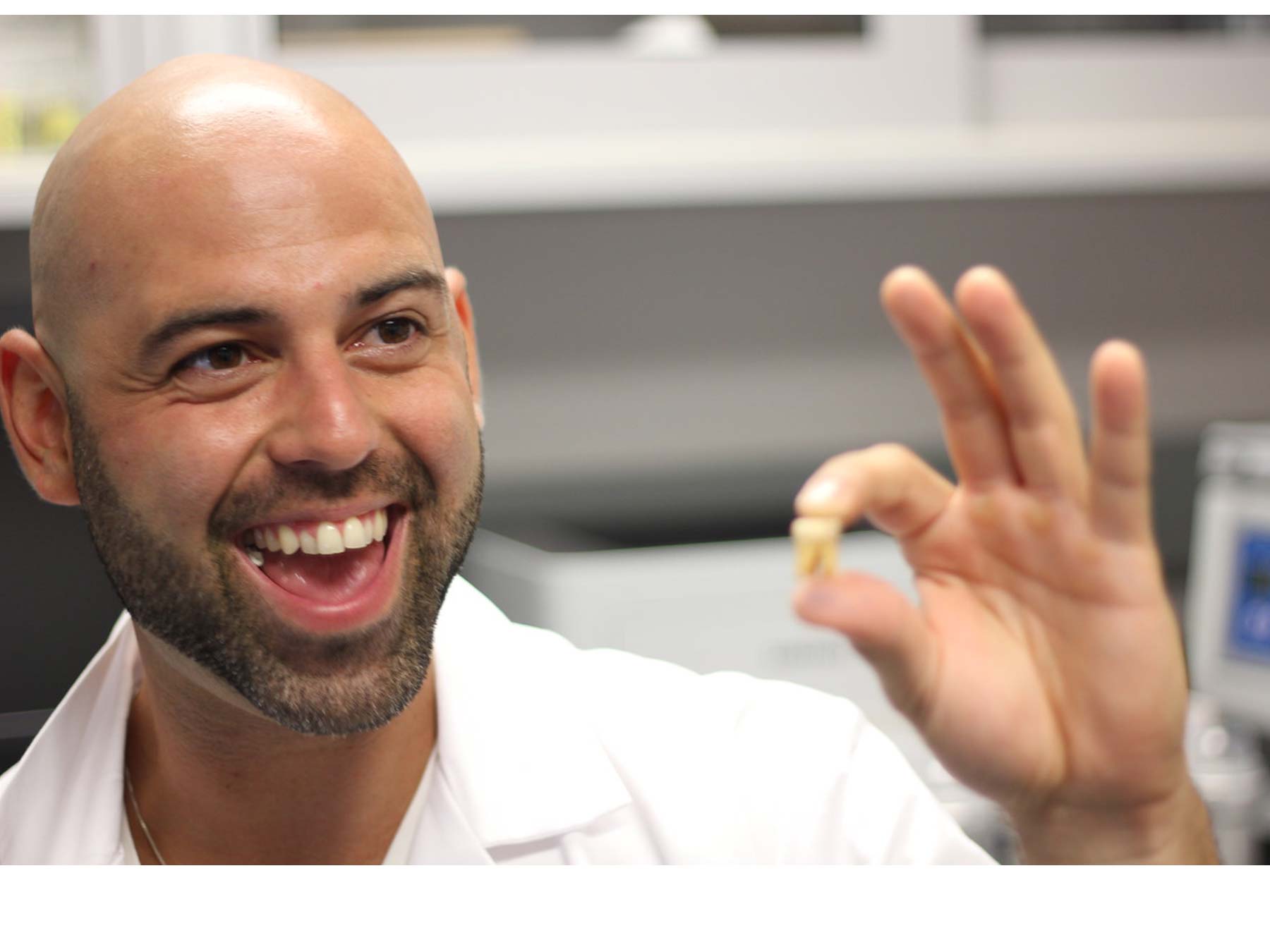About Us
The McMaster Ancient DNA Centre approaches a wide range of evolutionary and molecular biological questions using DNA and proteins from archaeological, paleontological, and forensic remains. We use state-of-the-art techniques to extract and sequence these molecules, discerning origins and population histories of a wide range of species, both extinct and extant. This allows us to follow evolution in action, directly testing models based on modern theory and observation.
The questions we address range from highly technical ones such as…
- How long and under what circumstances does DNA persist in various fossil and geologic contexts?
- How can we reliably and efficiently access even the most degraded of DNAs?
- Can ancient DNA be repaired to make it more accessible?
- How can we adapt modern techniques in DNA sequencing to ancient and forensic DNA?
To more evolutionary based questions…
- How were past diseases different from their present-day strains?
- What was the genetic diversity in extinct mammoth populations?
- Why did the North American megafauna (mammoths, sloths, horses) all go extinct?
- What were the giant ground sloths of the American Southwest eating over the last 40,000 years?
A female woolly mammoth’s lifetime movements end in an ancient Alaskan hunter-gatherer camp
Permafrost microbial communities follow shifts in vegetation, soils, and megafauna extinctions in Late Pleistocene NW North America
A 14th century CE Brucella melitensis genome and the recent expansion of the Western Mediterranean clade
Frequent Collaborators
- Frédéric Delsuc of Institut des Sciences de l’Evolution, Université Montpellier II
- David Earn of McMaster University
- Daniel Fisher of the Museum of Paleontology, University of Michigan
- Duane Froese of the University of Alberta
- C. R. Harington of the Canadian Museum of Nature
- Johannes Krause of Universität Tübingen
- Ross MacPhee of the American Museum of Natural History
- Gregory McDonald of the National Park Service Museum Management Program
- Ella Vazquez of the Instituto de Ecología, UNAM
- Gerry Wright of McMaster University
- Grant Zazula of the Yukon Paleontology Program
- The Max Planck Institute for Evolutionary Anthropology
Funding Partners
Social Sciences and Humanities Research Council
Funding Partner
Petro Canada
Funding Partner
Ontario Innovation Trust
Funding Partner
Canadian Institutes of Health Research
Funding Partner
Natural Sciences and Engineering Reseach Council of Canada
Funding Partner
Canadian Foundation for Innovation
Funding Partner



